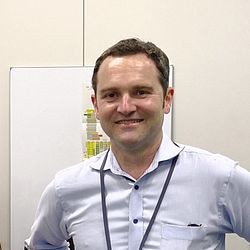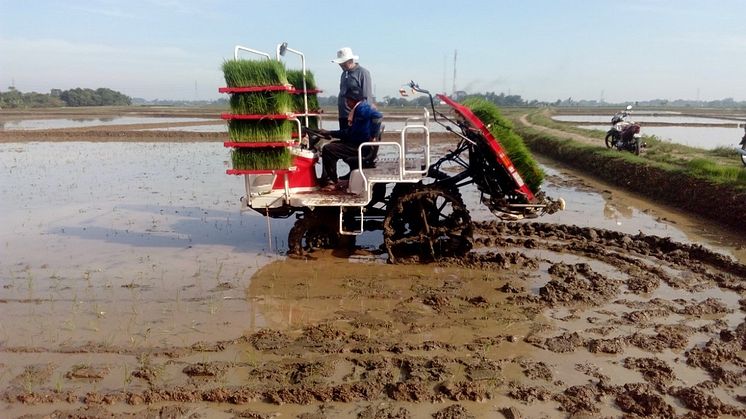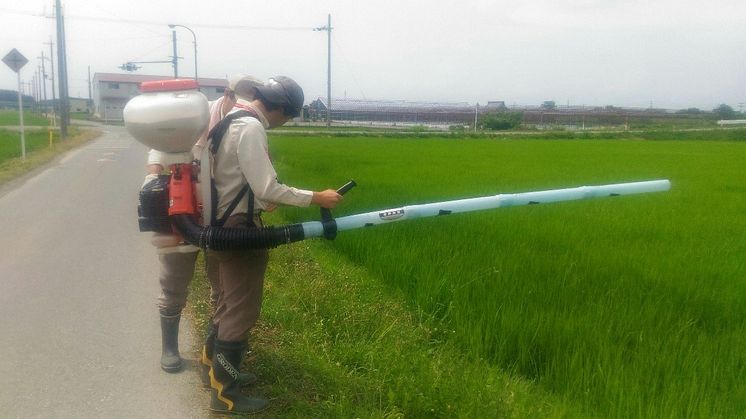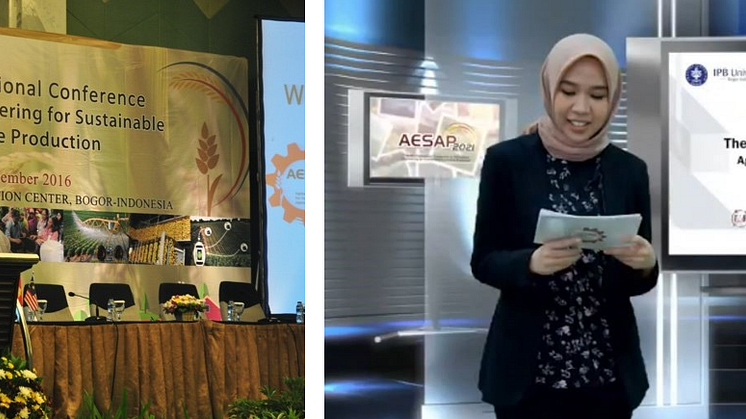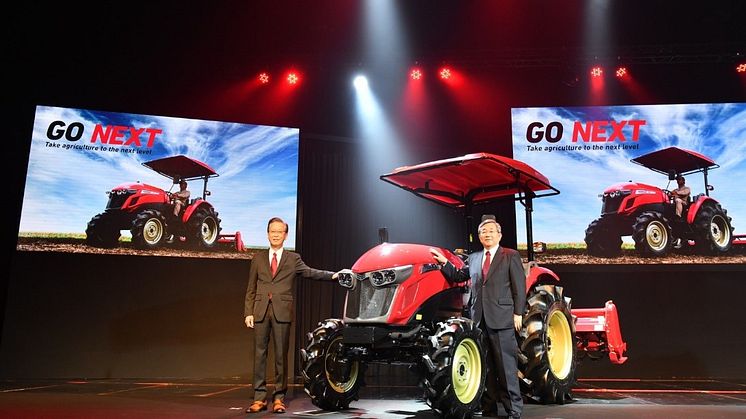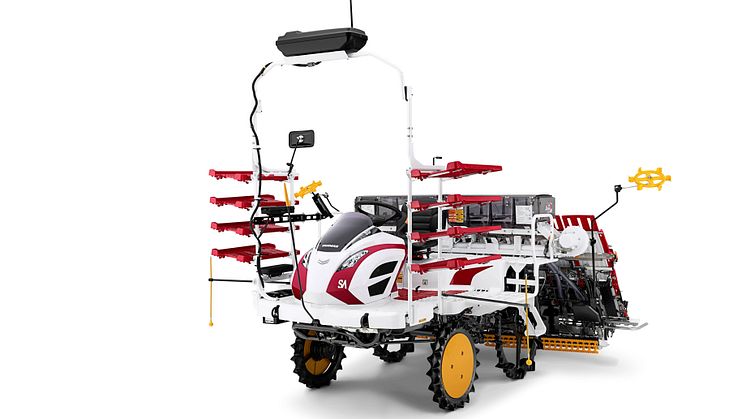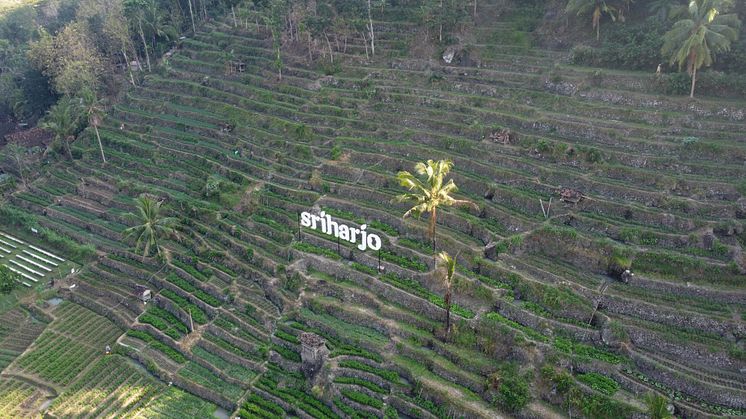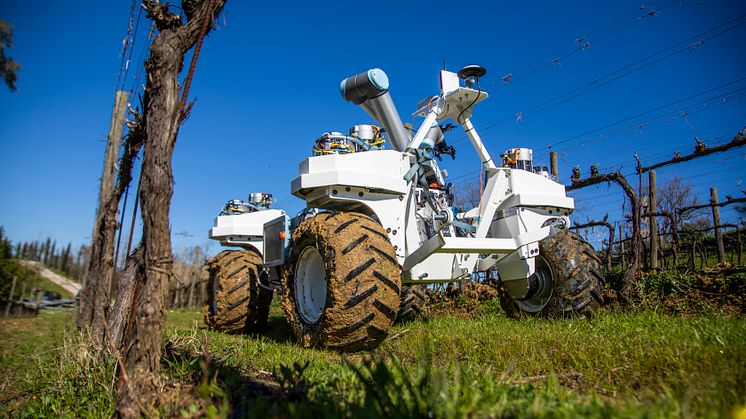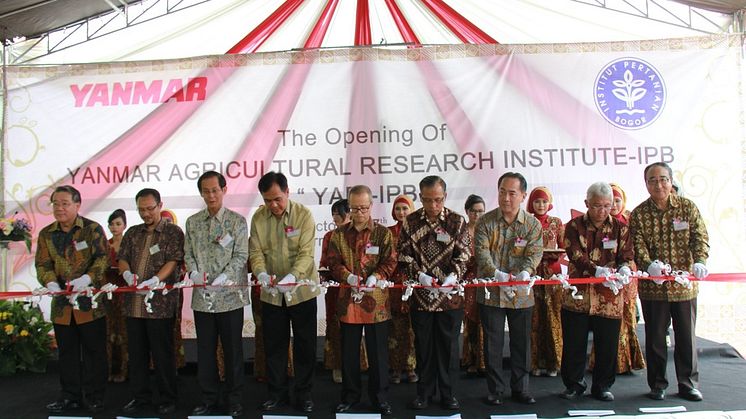
News -
Achieving Indonesia’s Goal to be the World Food Barn, YARI-IPB Continues to Intensify Research to Support Indonesian Agricultural Production
Indonesia, January 13, 2022 - Having a common vision to increase agricultural development in Indonesia, Yanmar Co., Ltd. together with the Bogor Agricultural University (IPB) formed a collaborative research institute called Yanmar Agricultural Research Institute - IPB (YARI-IPB).
YARI-IPB was officially established on October 17, 2014 in Bogor and witnessed by senior officials of the two institutions and representatives from related agencies. Since then, YARI-IPB has studied various strategic agricultural commodities in Indonesia, including rice, maize, soybeans, palm oil, beef, chili, and shallots.
"We chose these commodities because it is in line with the goal of the Ministry of Agriculture of making Indonesia the world’s Food Barn by 2045 for rice, shallots, chilies, maize, sugar, soybeans, beef, and garlic," explained Dr. Ir. Desrial, M. Eng., director of YARI-IPB.
In an effort to find actual data and information, YARI-IPB went directly to the field to conduct surveys and interviews with relevant parties involved along the value chain in production centres. In carrying out its research, YARI-IPB collaborates with a number of experts from various multidisciplinary backgrounds to provide many perspectives that can improve research results.
The researchers who participate in YARI-IPB come from various backgrounds. While some researchers are engaged in technical fields, others look at agriculture from agronomic, social, and economic perspectives to investigate the current situation and tackle the problems Indonesian agriculture faces. By analysing the existing situation in the field from a holistic perspective, researchers formulate the probable solutions that can be implemented by society.
Experimental studies have been carried out to investigate optimal farming methods as well as to improve the existing machinery designs to suit local conditions. “In the last seven years, we have carried out several field studies that look at rice cultivation methods on the basis of planting space and the utilization of machinery,” said Hiroaki Muraoka, the Vice Director of YARI-IPB. “We have also conducted an experimental study for a forage harvesting machine.”
In one of the studies conducted on the agricultural sector, YARI-IPB tested two rice cultivation methods based on planting area that are commonly used by Indonesian farmers: namely the square planting space method and the Jajar Legowo planting space method. In addition, YARI-IPB also tested manual planting and mechanical rice transplanting to get a comparison of the different methods on rice yields.
In this study, YARI-IPB used a Yanmar AP4 rice transplanter. This experiment resulted in a report consisting of a database of rice production based on general planting space and transplanting methods as well as a study of economic feasibility. With a view to providing practical solutions for farmers, YARI-IPB also succeeded in modifying the rice transplanter and improving performance. This machine demonstrated its performance on a 5-hectare rice field in Karawang Regency, West Java Province.

YARI-IPB's activities are not limited to food crop production and machine development, but also extend to how YARI-IPB as an institution contributes to developing human resources of the community. In this way, YARI-IPB supports academic improvement through a one-month internship program for IPB University student in the headquarters of Yanmar, Japan. This program is beneficial for students to improve their knowledge through practical fieldwork and lets them put into practice what they have learned in theory.

“With our important role of developing a strong knowledge base and disseminating research results to the Indonesian society, we collaborate with a range of associations and conduct annual events for further learning and development.” Dr. Ir. Desrial added.
The associations including the Indonesian Society of Agricultural Engineering (ISAE) and the Department of Mechanical and Biosystem Engineering IPB University held the First International Conference on Agricultural Engineering for Sustainable Agriculture Production (AESAP) in 2016. On an ongoing basis, YARI-IPB continues to support this AESAP conference which is now entering the 4th AESAP in 2021. This international conference has been attended by hundreds of participants from government, industry, and academia from Indonesia and around the world.

“As a research institution, YARI-IPB realizes that all these activities are part of the responsibility to the institution and the community,” Dr. Ir. Desrial concluded “The Institute is active in the field and in research, and YARI-IPB will continue to actively contribute to sharing and promoting agriculture technology development to society.”
